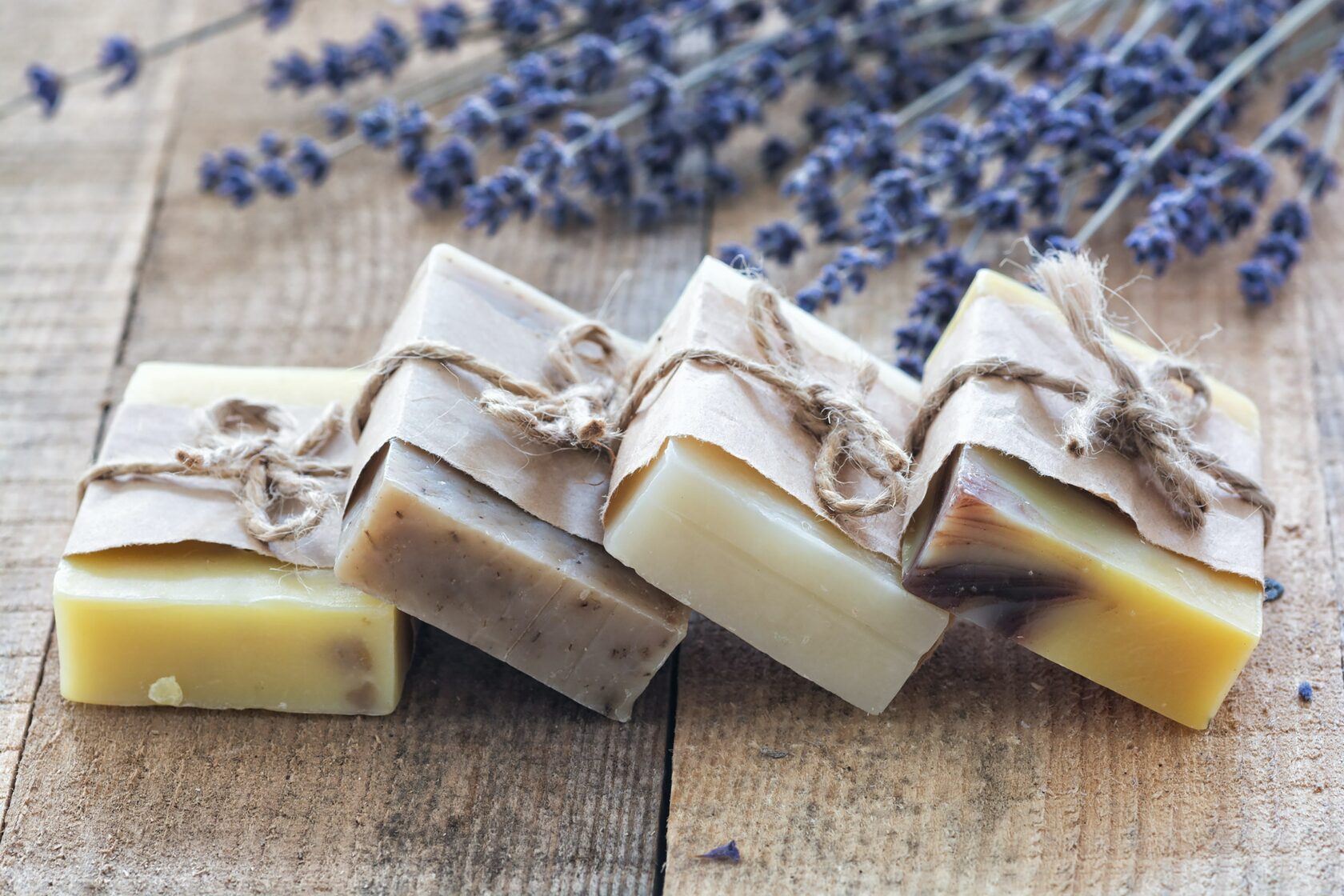Soap is a staple in our daily lives, yet its importance often goes unnoticed. Beyond its role in keeping our skin clean, soap offers numerous benefits that contribute to our overall health and well-being. In this blog, we will explore the many advantages of using soap, from its antimicrobial properties to its psychological benefits, and why maintaining cleanliness is essential for a healthy lifestyle.
1. The Science Behind Soap and Cleanliness
At its core, soap is a surfactant, a substance that reduces the surface tension of water. This property enables soap to bind with both water and oil, effectively breaking down dirt, grease, and bacteria. Understanding how soap works can highlight its significance in promoting cleanliness.
How Soap Cleans
When you wash your hands with soap, the surfactants attach to dirt and oils on your skin. The soap molecules have two distinct ends: one is hydrophilic (water-attracting) and the other is hydrophobic (water-repelling). This dual nature allows the soap to surround and encapsulate dirt and bacteria, which can then be rinsed away with water.
Effectiveness Against Germs
Soap is particularly effective in removing germs, including viruses and bacteria, from our skin. According to the Centers for Disease Control and Prevention (CDC), handwashing with soap and water can significantly reduce the likelihood of infections. This is especially important in preventing the spread of diseases, making soap an essential tool in public health.
2. Health Benefits of Regular Soap Use
The health benefits of using soap extend far beyond simply feeling clean. Here are several critical ways soap contributes to our health:
1. Reduces the Risk of Infections
Regularly washing your hands with soap can help eliminate harmful pathogens that cause illnesses such as colds, flu, and gastrointestinal infections. Proper hand hygiene, particularly before meals and after using the restroom, can significantly reduce the risk of these infections.
2. Prevents Skin Conditions
Using soap helps remove dirt, oils, and sweat from the skin, which can contribute to skin conditions such as acne or dermatitis. By maintaining clean skin, you can prevent clogged pores and reduce the likelihood of breakouts.
3. Promotes Overall Hygiene
Bathing with soap helps eliminate body odor and keeps your skin fresh. This not only improves your physical health but also enhances your social interactions, as good hygiene is often associated with self-care and respect for others.
3. The Psychological Benefits of Cleanliness
In addition to its physical health benefits, using soap and maintaining cleanliness can have positive psychological effects:
1. Boosts Mood and Confidence
Feeling clean can lead to an improved mood and increased self-confidence. The act of washing with soap can provide a refreshing sense of renewal, helping you feel more energized and ready to tackle the day.
2. Reduces Stress and Anxiety
Rituals surrounding cleanliness, such as bathing or washing hands, can serve as calming practices that reduce stress and anxiety. The soothing nature of warm water and pleasant scents from soaps can create a relaxing atmosphere, promoting mental well-being.
3. Enhances Focus and Productivity
A clean environment fosters a sense of order and can enhance focus and productivity. By maintaining personal hygiene and cleanliness in your surroundings, you create a more conducive environment for work and relaxation.
4. Choosing the Right Soap for Your Needs
Not all soaps are created equal, and selecting the right product can enhance your soap’s benefits. Here are some tips for choosing the best soap for your needs:
1. Consider Skin Type
Different skin types require different formulations. If you have dry skin, look for moisturizing soaps that contain ingredients like glycerin, aloe vera, or shea butter. For oily or acne-prone skin, consider soaps with exfoliating properties or ingredients like tea tree oil.
2. Look for Natural Ingredients
Natural and organic soaps are often free from harsh chemicals and synthetic fragrances that can irritate the skin. Opting for soaps with natural ingredients can be gentler and more nourishing for your skin.
3. Check for Antimicrobial Properties
If you want extra protection against germs, consider using antibacterial soaps or those with added essential oils known for their antimicrobial properties, such as eucalyptus or lavender.
5. Sustainable Soap Options
As environmental concerns continue to grow, many consumers are seeking eco-friendly soap options. Here’s how you can choose sustainable soap products:
1. Packaging Matters
Look for brands that use minimal or biodegradable packaging to reduce waste. Many companies now offer refillable soap dispensers or bars wrapped in compostable materials.
2. Ingredients and Sourcing
Choose soaps made from sustainably sourced ingredients. Brands that prioritize ethical sourcing and support fair trade practices contribute to more sustainable production methods.
3. Handmade and Local Products
Supporting local artisans who make handmade soaps can reduce carbon footprints and promote community economies. Many small businesses focus on environmentally friendly practices, ensuring that their products are both sustainable and high-quality.
6. Practical Tips for Incorporating Soap into Daily Life
To maximize the benefits of soap, here are some practical tips for incorporating it into your daily routine:
1. Establish a Handwashing Routine
Make handwashing a regular habit, especially before meals and after using the restroom. Consider setting reminders to ensure you wash your hands thoroughly for at least 20 seconds.
2. Use Soap During Daily Activities
Incorporate soap into your daily activities, such as washing your face before bed or taking regular showers. This will not only promote cleanliness but also serve as a self-care ritual.
3. Experiment with Different Soaps
Explore different types of soaps to find those that suit your preferences and needs. Try various scents, textures, and formulations to keep your cleansing routine enjoyable.
Conclusion
The benefits of using soap extend far beyond mere cleanliness. From promoting health and hygiene to enhancing mood and well-being, soap plays a crucial role in our daily lives. By understanding the importance of soap and making it a priority in our routines, we can foster a healthier, happier lifestyle.
As you continue to explore the world of soap, consider trying different formulations, supporting sustainable brands, and embracing the art of cleanliness. Ultimately, the simple act of using soap can lead to a cascade of positive effects on your health and well-being.







Leave a comment
Your email address will not be published. Required fields are marked *